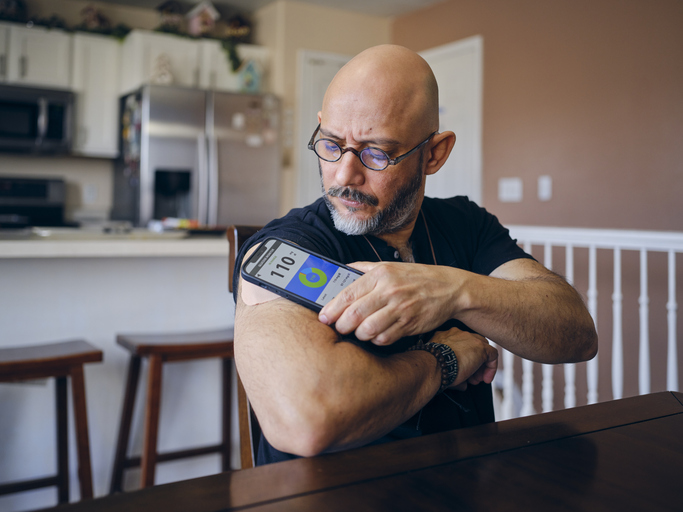
Metabolic Disorders
Advertisement
Amycretin shows significant weight loss and tolerability in early trial, supporting further study for obesity treatment.
ADA’s new clinical guidelines aim to eliminate weight stigma and bias in obesity care across US healthcare settings.
Evidence-based tips on GLP-1s, nutrition, exercise, and mindset to support sustainable weight loss and better health.
Personalized obesity care combining medication and lifestyle delivers better, longer-lasting weight loss and health outcomes.
When diet and exercise wave the white flag, real medicine rolls in like the superhero with a prescription pad!
Dr. Alex McDonald and Dr. Regina Ragasa explore obesity’s health impact and a multifaceted approach for effective care.
Orforglipron, a daily oral GLP-1 pill, matches Ozempic in Phase 3 trial, offering a needle-free option for Type 2 diabetes.
Lifestyle and metformin interventions cut diabetes risk for 21 years in adults with prediabetes, DPP study shows.
Black youth with dysglycemia show reduced insulin clearance, possibly contributing to β-cell dysfunction and ...
Tirzepatide linked to reduced muscle fat infiltration and volume in type 2 diabetes, per SURPASS-3 MRI substudy findings.
Real-world weight loss with semaglutide or tirzepatide is lower due to early discontinuation and low maintenance dosing.
Chronic hyperglycemia in pediatric type 1 diabetes may impair white matter development; brain changes persist into puberty.
Nearly half of U.S. patients discontinued semaglutide within 5 months, with cost a key barrier to continued use.
How many medications are FDA-approved for the long-term use of treating obesity?
Habits collapsed, health's calling 'Mayday'! The doc soars in ... time to dose the FDA way!
Obesity care must be evidence-based and patient-centered, says Dr. Auriemma in this call for science-driven treatment.
Obesity is a chronic, complex disease driven by biology, not just behavior—effective care requires empathy and support.
There was also an association with higher educational levels and odds of poor sleep quality.
Higher HbA1c levels were a higher risk factor in children with lower BMIs.
A new study investigated the effects of physical training on aging in the skeletal muscle of people with obesity.
Advertisement



















 © 2025 Mashup Media, LLC, a Formedics Property. All Rights Reserved.
© 2025 Mashup Media, LLC, a Formedics Property. All Rights Reserved.